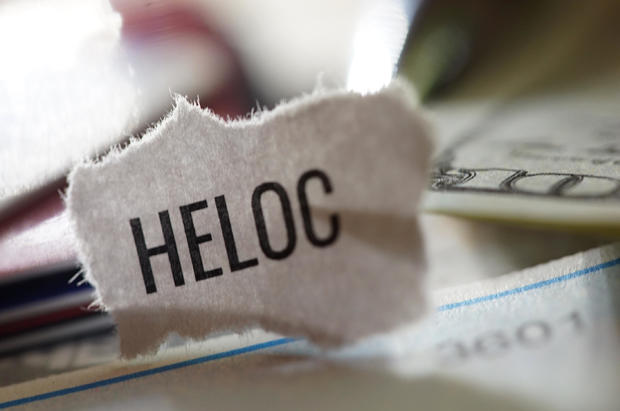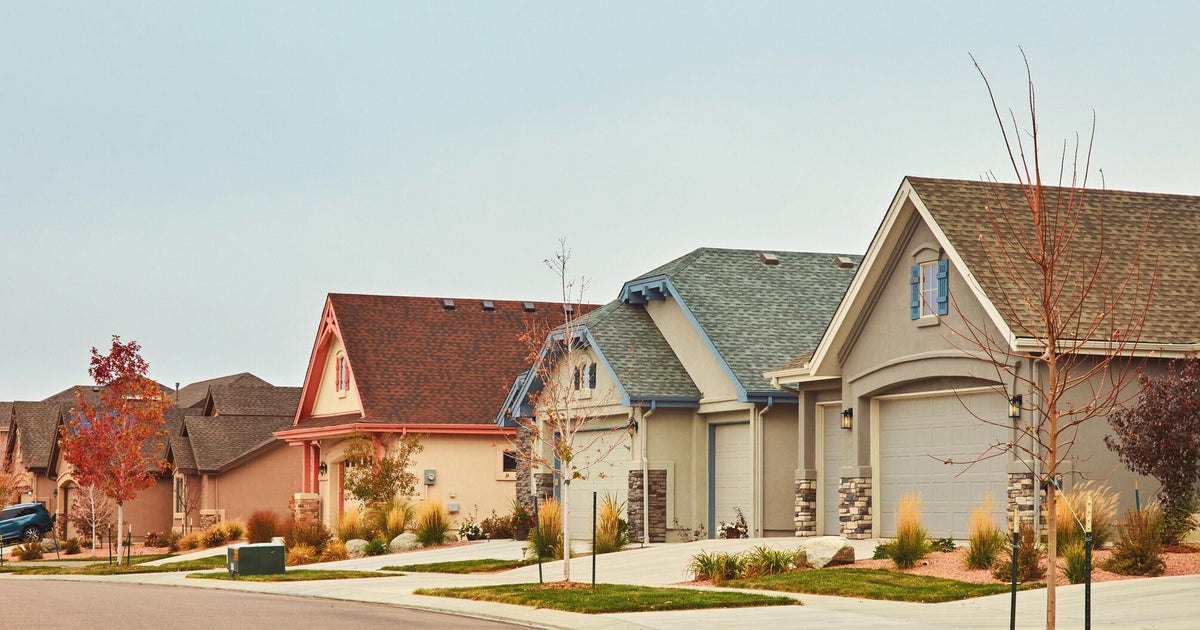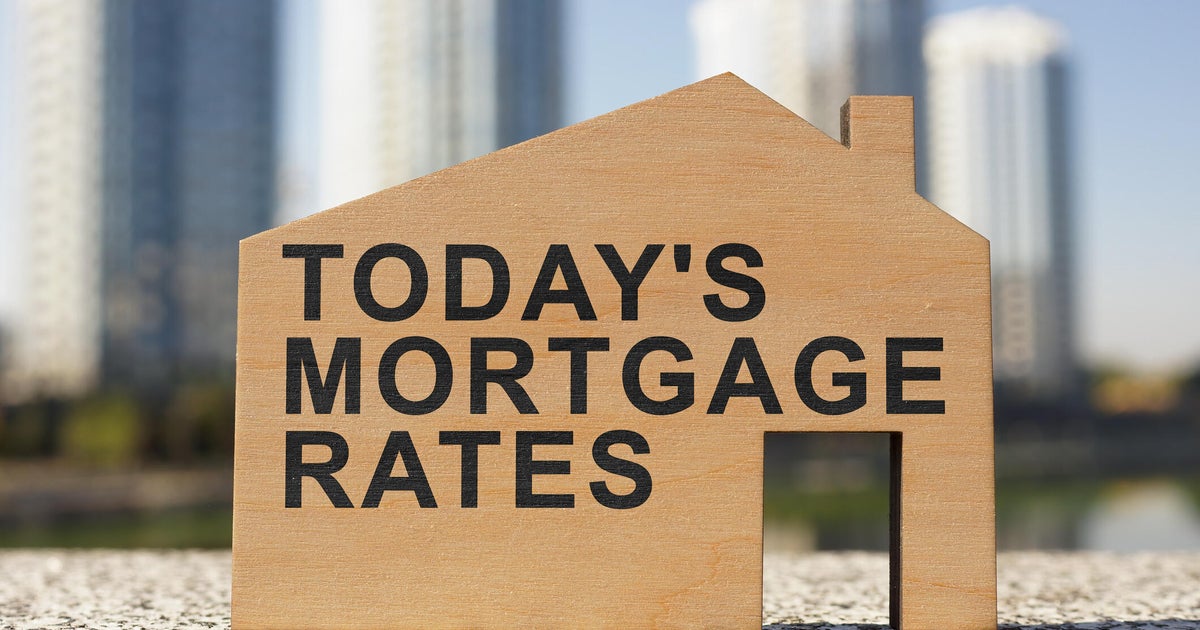HELOC vs. cash-out refinance: Which is better?
Times are tough for many people. Inflation is high, prices are soaring and many are struggling to make ends meet. In some cases, they might be looking for financial help elsewhere, through a loan or other financial product.
For homeowners, tapping into your home equity is an option, too. You might do this through a home equity line of credit (HELOC) or you might consider cash-out refinancing.
But what's the difference between these two options, and when is one a better choice than the other? It's important to know the nuances of both to help make an informed decision.
You can easily explore your HELOC options here now to learn more.
What is a HELOC?
A home equity line of credit lets you borrow against your home equity, but it's not a loan. Instead, it works more like a credit card, allowing you to withdraw money as you need it over an extended period of time.
Most HELOC interest rates are variable, meaning they rise or fall as the index they're tied to moves. Typically, you'll make interest-only payments in the draw period — the first 10 years of the credit line, when you can withdraw money — and then make full payments for the next 20 years.
In some cases, HELOCs may require a balloon payment, which means your full balance is due all at once (these aren't too common, though).
What's a cash-out refinance?
A cash-out refinance loan is a type of mortgage refinancing. It replaces your existing mortgage loan with a new, larger one — one that has a new rate and terms, too. Then, your new loan is used to pay off the old one, and you get the difference back in cash.
So, for example, if you have a current mortgage loan with a $200,000 balance, and you do a cash-out refinance into a loan for $300,000, you'd get $100,000 back after closing.
Check out your refinancing options here to learn more.
When it's better to use a HELOC
A HELOC is typically a better option if you don't want to replace your existing mortgage loan. This might be the case if you have a very low interest rate. For instance, if you have a current mortgage with a rate of 3.5%, you probably wouldn't want to do a cash-out refinance right now. In that case, you'd be exchanging your 3.5% rate for today's much higher 6%-plus rate.
"When completing a cash-out refinance, you're not only taking on new debt, but you're also changing the rate on your existing mortgage balance," says Matthew Sanford, AVP of mortgage lending at Skyla Federal Credit Union. "If the refinanced interest rate is higher, this could result in you paying substantially more interest than you would otherwise."
Getting a HELOC allows you to keep your current mortgage loan (and rate) in place by instead getting a second, totally separate loan with its own interest rate and terms.
Another time you might want to use a HELOC is if you're not sure how much money you need. This might happen if you're using the funds for an ongoing renovation project or you just want a financial safety net as we head into a potential recession.
"HELOCs provide additional flexibility," Sanford says. "Instead of taking out a lump sum and immediately paying interest on the full amount, you're able to borrow funds as you need them — up to your credit limit — and only pay interest on the amount you've used."
When it's better to use a cash-out refinance
A cash-out refinance is a better choice if your current mortgage rate is higher than what's being offered today. In this case, refinancing could reduce your long-term interest costs.
It's also better if you're looking for a fixed rate and payment. HELOCs are almost always adjustable-rate loans, so the interest rate and payment you have can fluctuate. And with the Federal Reserve increasing rates nine times over the last year, there's a good chance HELOC rates will rise in the near term.
"HELOC rates are at 17-year highs," says Shmuel Shayowitz, president and chief lending officer at Approved Funding. "Each time the Federal Reserve raises rates, it proportionately increases the rates on HELOCs."
Get help if you need it
Both HELOCs and cash-out refinancing can help you tap your home equity, but depending on your situation, one may be better (and more affordable) than the other. If you're not sure which to choose, consider talking to a loan officer, mortgage broker or financial advisor. They can help you make the best decision for your unique financial situation.




